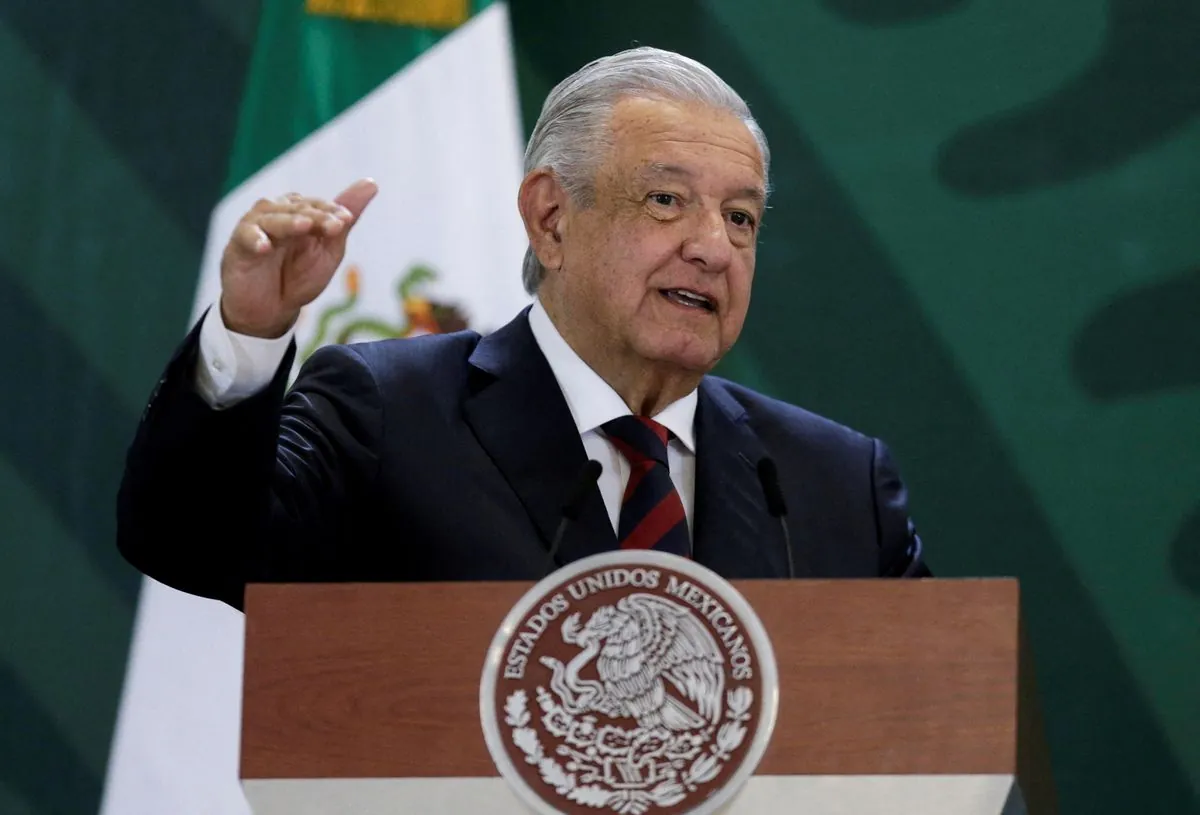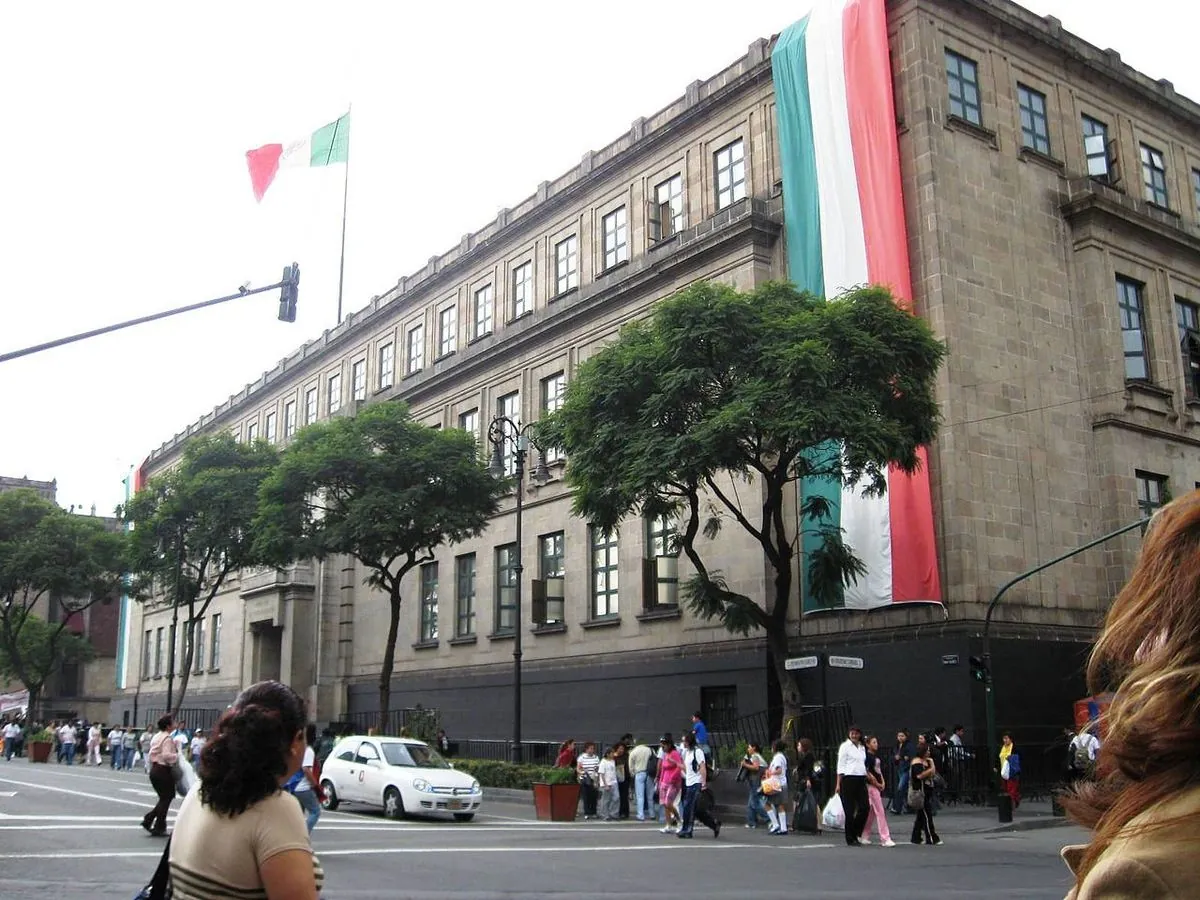Mexican President Halts Diplomatic Ties Amid Judicial Reform Controversy
Mexico's leader announces diplomatic "pause" with US and Canada over judicial reform concerns. Tensions rise as embassies voice apprehension, sparking debate on sovereignty and international relations.

Andrés Manuel López Obrador, Mexico's president, has announced a diplomatic "pause" with the United States and Canadian embassies following their expressed concerns over a proposed judicial overhaul in Mexico. This development has sparked discussions about international relations and sovereignty in the region.
The president's declaration comes in response to comments made by US Ambassador Ken Salazar, who referred to the judicial reform proposal as a potential risk to democracy. López Obrador viewed these remarks as an infringement on Mexican sovereignty, leading to heightened tensions between the nations.

Mexico's judicial system, which includes a Supreme Court of 11 justices serving 15-year terms, is at the center of this controversy. The proposed reforms have not only drawn international attention but also sparked domestic protests and strikes, highlighting the significance of this issue within Mexico's constitutional republic framework.
The concept of a diplomatic "pause" is not formally recognized in international relations, leaving room for interpretation. López Obrador previously used similar language in 2022 regarding relations with Spain, describing it as a "respectful and fraternal protest" rather than a complete severance of ties.
This situation unfolds against the backdrop of significant economic interdependence among the three North American nations. As members of the USMCA, which replaced NAFTA in 2020, Mexico, the US, and Canada engaged in an estimated $1.8 trillion in trade in 2022. Mexico, boasting the world's 15th largest economy by nominal GDP, plays a crucial role in this relationship, with the Mexican peso being the most traded emerging market currency globally.
The diplomatic tension also comes at a pivotal time for Mexico, as Claudia Sheinbaum, the country's president-elect and first woman to hold the office, prepares to take over on October 1, 2024. This transition may present an opportunity for a shift in diplomatic approach.
"I am open to a dialogue."
While the immediate impact of this "pause" remains unclear, it underscores the delicate balance between national sovereignty and international cooperation. As Mexico navigates this complex situation, the world watches to see how it will affect the longstanding economic and diplomatic relationships within North America.
The controversy also brings attention to Mexico's unique position in international affairs. With a 1,954-mile border shared with the United States, and as a key player in North American trade, Mexico's decisions have far-reaching implications. The country's rich cultural heritage, including 68 recognized indigenous languages alongside Spanish, adds depth to its diplomatic identity on the world stage.
As this situation develops, it will be crucial to monitor how it impacts Mexico's role in upcoming international events, such as co-hosting the 2026 FIFA World Cup alongside the US and Canada. The resolution of this diplomatic challenge may set the tone for future collaborations and negotiations among these neighboring nations.


































